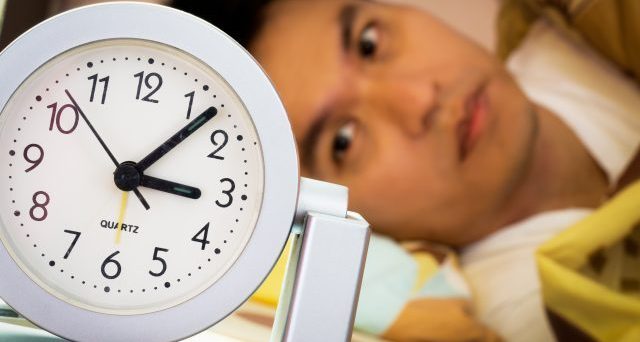Fatigue and lack of sleep are a key aspect of human error-related maritime casualties and a main area of concern for seafarers who have to deal with a vast workload and shifts impacting significantly their sleeping habits. In the latest edition of their seafarers health series, the Shipowners Club and ISWAN provided useful advice for seafarers working on shifts to tackle fatigue.
Namely, the guide focuses on tips for using naps:
- You may have the opportunity to take naps during breaks before or after your full/long sleep which may help you feel more alert or rested.
 Most people need between 7 and 9 hours of sleep. You may need to take this in one longer and one shorter nap.
Most people need between 7 and 9 hours of sleep. You may need to take this in one longer and one shorter nap. - A nap of up to 2 hours can be an effective way of preparing for a night shift. Allow yourself at least 30 minutes or more after waking to overcome ‘sleep inertia’, the groggy feeling you have on waking.
- If you have a fixed night shift, treat the shift as your normal working day and adjust your meals and sleep times around it.
- If you have control over the shift rotation pattern, try to rotate your shifts with the clock, advancing the time you need to go on shift.
- Brief naps can also be effective – limit the nap to less than 30 minutes; even 10- 20 minutes can make a positive difference. Naps of 40 minutes and longer may have the opposite effect, making you feel groggier and less clear headed, particularly when you immediately wake up.

- ‘Caffeine naps’ have been shown to be an effective short term strategy for keeping alert. Drink a coffee just before having a 20 minute nap and set your alarm to wake up in 20 minutes – on waking, the caffeine will be acting on your system and recent research suggests that you may be more alert than having either the nap or the caffeine alone.
However, in case you are not working shifts:
- avoid taking naps during the daytime
- set an alarm at a regular time each day
The report also provides general advice on how to get the most of your sleep, minimizing the levels of fatigue:
- Exercise is excellent for a good night’s rest. Take exercise during the day, but not late in the evening.
- Take time to relax and wind down from the activities of the day.
- If you are worrying about problems at home or at sea, try writing them down and putting them out of your mind before bed. Make time to address these problems during the day, otherwise they will pop into your mind when you least want them to.
- Do not eat heavy or spicy foods in the few hours before going to bed.
- Have your last tea, coffee or energy drink several hours before you want to sleep.
In the period just before sleep, establish a pre-bedtime routine. This teaches your body when it is time to wake and time to sleep:
- Put away your computer, phone or any electrical devices with backlit screens when you go to bed and try not to use them in the period before you want to go to sleep. The light on these devices trigger your brain to wake up and become alert. Put devices on to silent, flight mode or the do not disturb setting so that noise and light notifications do not draw your attention or disturb your sleep.
- If possible, use your bed only for sleep. If you routinely lie in bed playing on your phone, eating, drinking, smoking, watching TV or even working, it is hard for your body to associate bed and sleep. Try to keep your waking activities separate from your bed.
- A warm shower before bed can regulate your core temperature and make it easier to drop off to sleep.

- Only go to bed when you are tired and ready for sleep.
- Try other quiet activities just before sleeping, like mindfulness, breathing exercises, listening to relaxing music or reading a book. Prayer can also be relaxing for people of faith.
- Relaxation exercises like the one on pages 6 and 7 can be very effective in helping your mind to switch off, distracting you from everyday worries and helping your body to get into the right state for sleep. Many people find that when they lie down to go to sleep is the best time to practice relaxation, because then you can just drop off afterwards and it has the added bonus of a better, more restful sleep.





























































